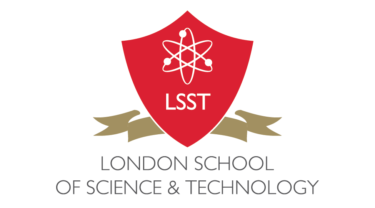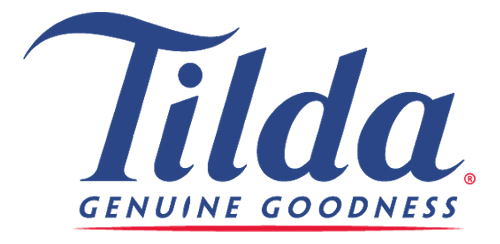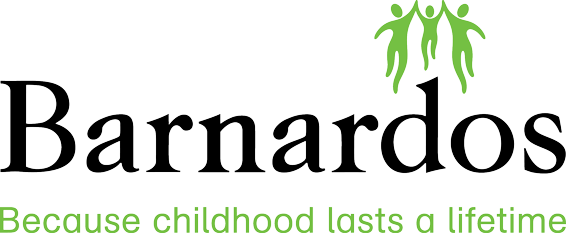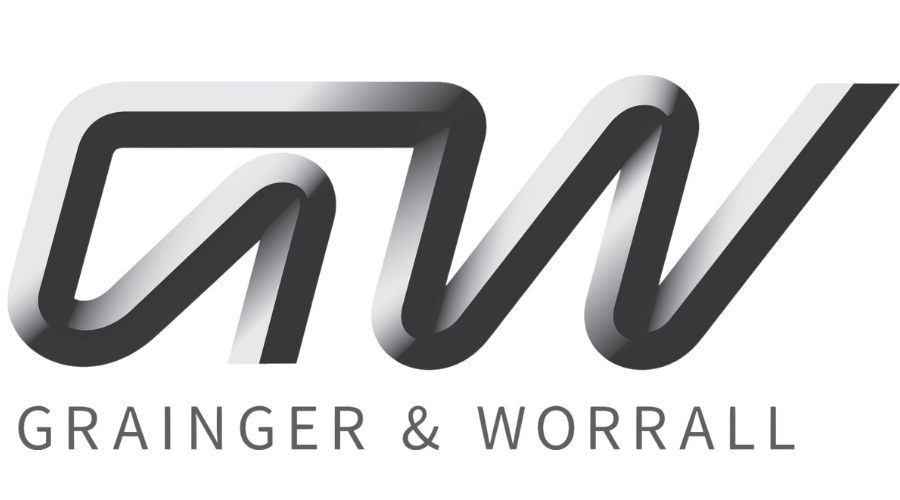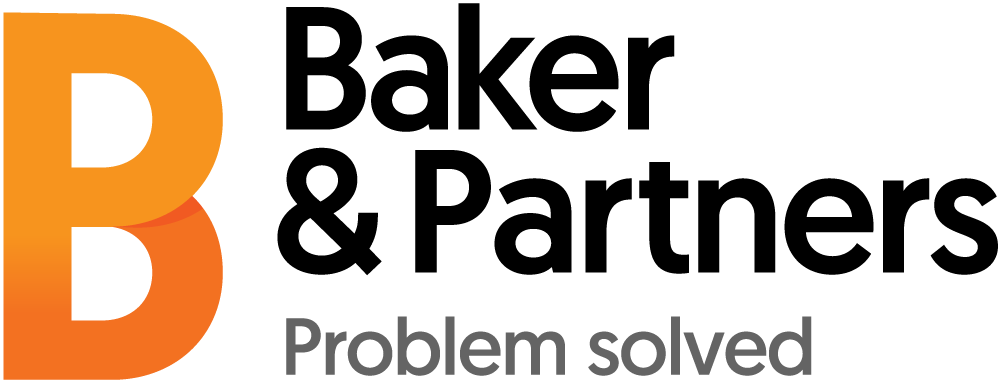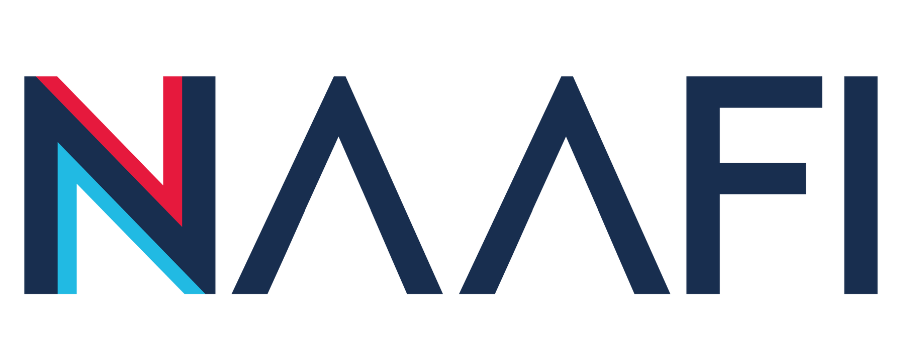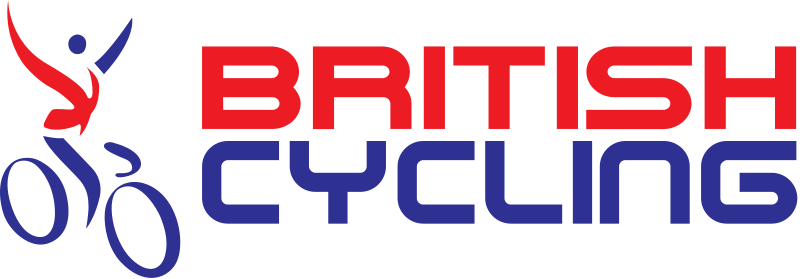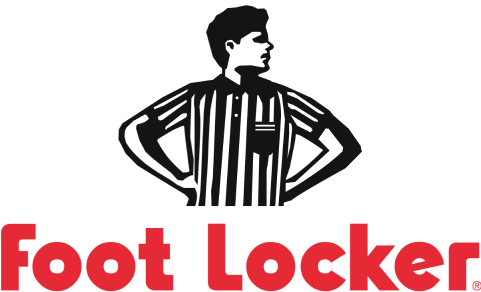The Benefits of Cloud-Based HRMS: Why Your Business Should Make the Switch
Flexibility: How Cloud-Based HRMS Offers a More Agile Workforce
One of the main advantages of cloud-based HRMS is the flexibility it offers in managing a modern and dynamic workforce. A cloud-based HRMS system can provide your business with the tools it needs to quickly adapt to change and respond to unexpected events, such as a global pandemic.
With a cloud-based HRMS system, your employees can access HR data and applications from anywhere with an internet connection, making remote work and collaboration more seamless. This means that you can manage your workforce more effectively, regardless of their location, and respond to employee requests in a timely manner. In addition, cloud-based HRMS systems typically come with mobile apps, making it even easier for employees to access HR data and applications on the go.
Scalability: How a Cloud-Based HRMS Adapts to Your Business Needs
Another significant benefit of a cloud-based HRMS is scalability. Unlike traditional HRMS solutions, cloud-based HRMS can easily adapt to the needs of your growing business. As your business grows, a cloud-based HRMS system can easily scale up to accommodate your increasing number of employees, without the need to invest in additional hardware or software licenses.
Similarly, if your business needs to scale back, a cloud-based HRMS system can easily adjust to your reduced workforce, saving you money on licensing and maintenance costs. Furthermore, cloud-based HRMS systems usually come with a range of customizable modules, so you can choose only the features that your business requires. This means that you can save money by avoiding unnecessary features or modules that would be included in traditional HRMS solutions.
Cost-Effectiveness: How a Cloud-Based HRMS Reduces Costs and Increases ROI
Implementing a cloud-based HRMS system can significantly reduce the costs associated with HR management. Traditional HRMS solutions can be costly to set up, requiring significant investments in hardware, software licenses, and IT support. In contrast, cloud-based HRMS systems typically require only a monthly or annual subscription fee, which covers the costs of software, maintenance, and support. This subscription model provides a more cost-effective option for businesses that want to streamline their HR processes.
In addition to cost savings, cloud-based HRMS systems can also increase your business's ROI. By automating manual HR processes, your HR team can focus on more strategic tasks that can benefit your business, such as employee engagement and retention. Furthermore, a cloud-based HRMS system can provide real-time data and analytics, giving you insights into employee performance and engagement that can help you make informed decisions and improve your business processes.
Security: How a Cloud-Based HRMS Ensures Data Privacy and Compliance
Ensuring data privacy and compliance is essential for any business that deals with employee data. A cloud-based HRMS system can help your business comply with regulations such as the GDPR and CCPA, which require businesses to protect the personal data of their employees. Cloud-based HRMS systems are designed with data security in mind and typically provide advanced encryption methods to secure your data.
Furthermore, cloud-based HRMS systems also provide automated backups, disaster recovery, and continuous system updates to ensure that your data is safe and secure at all times. This means that your HR team can focus on managing your employees, rather than worrying about data breaches or system downtime. Additionally, cloud-based HRMS systems often come with access controls, so you can restrict access to sensitive data and ensure that only authorized personnel can access it.
Efficiency: How Cloud-Based HRMS Simplifies HR Processes
A cloud-based HRMS system can significantly simplify HR processes by automating many routine tasks, such as leave requests, timesheets, and payroll. This automation reduces the burden on HR staff, allowing them to focus on more strategic tasks such as employee engagement and retention.
Cloud-based HRMS systems also provide easy access to HR data, enabling managers and employees to view and update information quickly and easily. This streamlined process ensures that everyone has the most up-to-date information, reducing the risk of errors and misunderstandings. In addition, cloud-based HRMS systems can generate reports and analytics, giving you insights into employee performance, engagement, and retention.
Conclusion
At HealthBoxHR, we understand the importance of efficient and effective HR management. Our cloud-based HRMS system provides a range of services, including paid leave, sick leave, timesheets, one-to-ones, and payroll, all of which can be accessed through a single platform. This enables your HR team to manage your workforce more effectively, reducing the burden of manual HR processes and ensuring that your employees are paid accurately and on time.
By using HealthBoxHR's cloud-based HRMS system, you can streamline your HR processes, reduce costs, and increase productivity. Our system is designed to be flexible and scalable, ensuring that it can adapt to the changing needs of your business. We also place a strong emphasis on data privacy and security, ensuring that your employee data is protected at all times.





